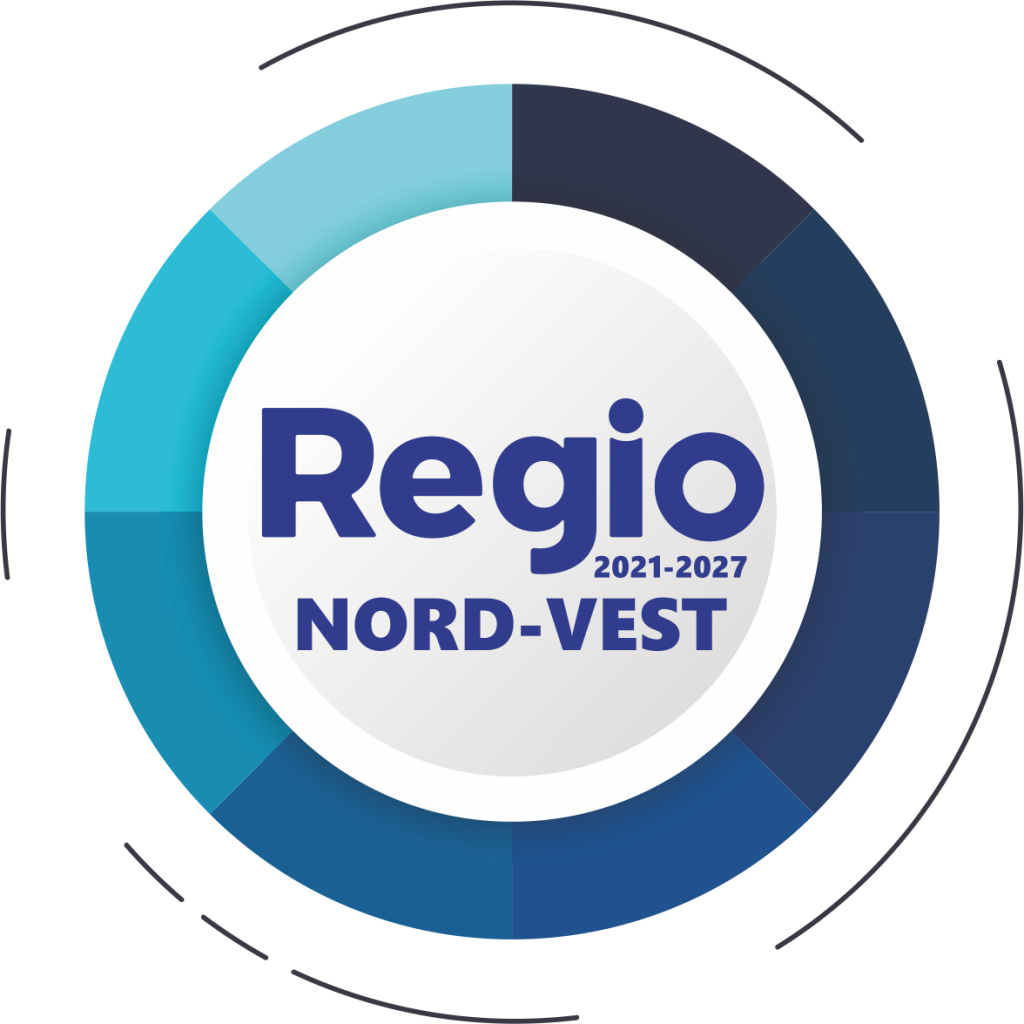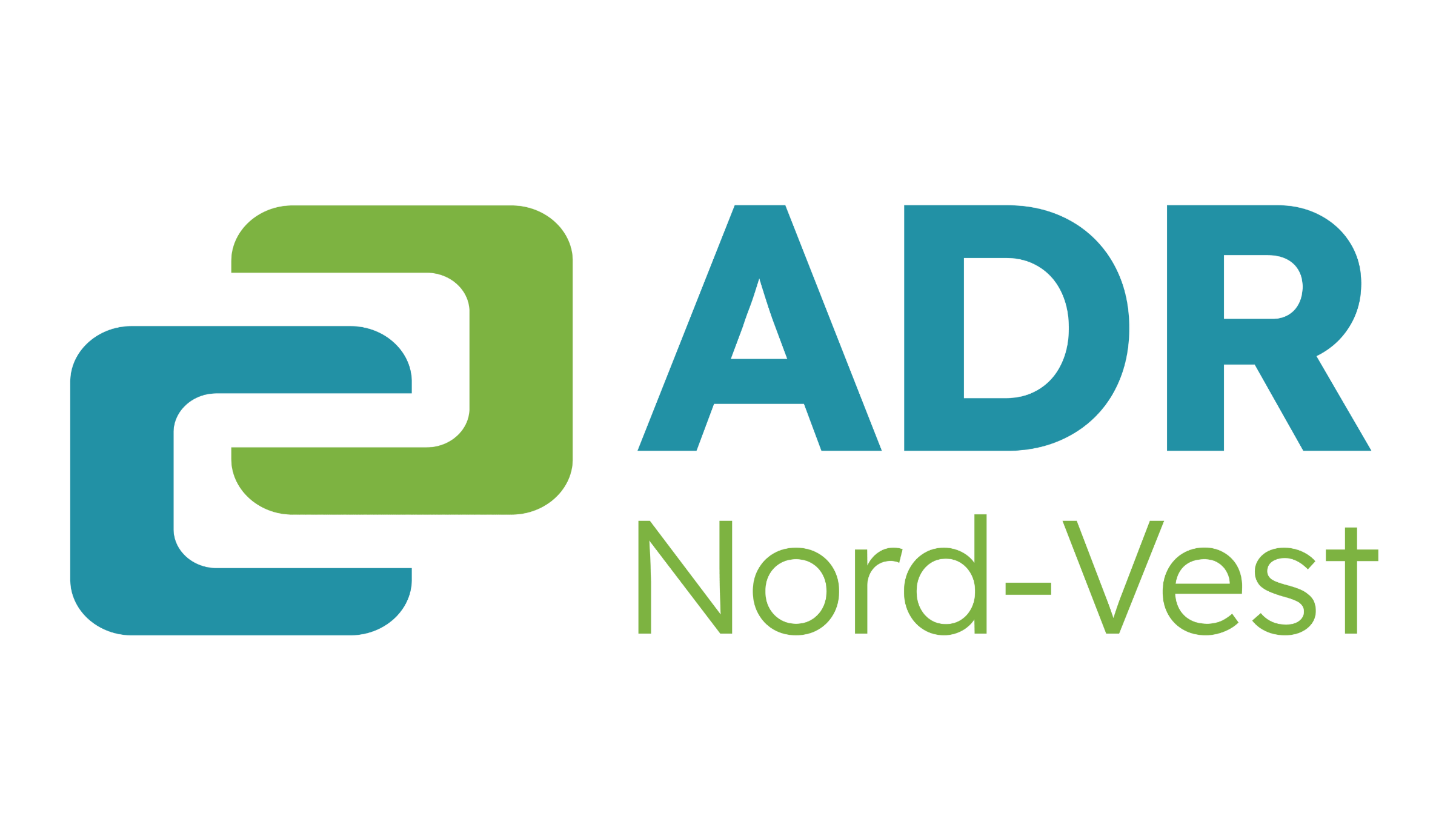The North-West Regional Development Agency, as the Managing Authority for the North-West Regional Program 2021-2027 (REGIO North-West), publishes today, July 14, 2023, the Applicant's Guide for the call for projects 312.A Supporting energy efficiency in public buildings, including heritage buildings
The call for projects is competitive, and funding applications can be submitted through the MySMIS 2021/2021+ computer system during: August 11, 2023, 10:00 a.m. – February 10, 2024, 10:00 a.m.

The projects financed under this action must lead at least to a moderate energy renovation involving the reduction, after thermal and energy renovation, by at least 40% of primary energy consumption and GHG emissions of public buildings (including public heritage buildings).
For all projects that include buildings that are not classified as historical monuments, it will also be aimed to decrease the annual energy consumption for heating by at least 50% compared to the pre-renovation state. By way of exception, for buildings classified as historical monuments, the decrease in annual energy consumption for heating must be at least 30% compared to the pre-renovation state.
Priority for funding is given to projects that propose a thorough renovation, as well as those that propose the transformation of existing buildings into buildings with near-zero energy consumption (nZEB).
MANDATORY ELIGIBLE ACTIVITIES that can benefit from funding within the projects related to this call consist of measures to increase energy efficiency in public buildings, including buildings with heritage value, in which eligible activities are carried out, as the case may be, of eligible public authorities/institutions. These activities include the following types of work:
- Thermal rehabilitation works of the building envelope elements;
- The work of introducing/rehabilitating/modernizing the heating/cooling and domestic hot water supply system, as well as the purchase, replacement, installation of related equipment and connection to central heating systems, where applicable;
- The works aimed at the installation of alternative systems for the production of electricity and/or thermal energy from renewable sources for own consumption, including the purchase of specific equipment;
- Installation/rehabilitation/modernization of air conditioning, natural ventilation and mechanical ventilation systems to ensure indoor air quality;
- Rehabilitation/modernization works of the lighting installation related to the building, with the replacement of fluorescent/incandescent lighting fixtures with high energy efficiency lighting fixtures of the type;
- Integrated energy management systems for buildings and other activities leading to the achievement of project objectives, including activities necessary to prepare buildings for smart solutions.

Amongst RELATED ACTIVITIES the following are included:
- Repairing the construction elements of the facade that present a potential danger of detachment and/or affect the functionality of the building;
- Repair/construction of the terrace/gable roof, including the repair of the storm water collection system at the level of the terrace, respectively of the storm water collection and evacuation system at the level of the gable covering;
- Dismantling of installations and equipment apparently mounted on the facades/terrace of the building, as well as their assembly/reassembly after the intervention works;
- Restoring the interior finishes in the intervention areas;
- Repair/restoration of protective sidewalks, in order to eliminate infiltrations to the building's infrastructure;
- Repair/replacement of the cold water distribution system and/or household and/or rainwater collectors;
- Repair/consolidation measures, including seismic strengthening of the building so that after rehabilitation the building is classified as seismic risk class III, where applicable, under the conditions mentioned in this guide;
- Creation of facilities/adaptation of infrastructure for people with disabilities (access ramps) and other additional measures to ensure accessibility and sustainable development. These types of measures are mandatory in accordance with the applicable minimum legislative requirements;
- Interior repartitioning works;
- In the case of hospitals - rehabilitation works of medical fluid installations (oxygen installations) as well as interior re-compartmentalization works in order to optimally organize medical flows and circuits;
- The procurement and installation of elevators within a building provided by the design with elevators (which has the elevator house, but which does not have the respective elevators installed) or in technically and functionally-architecturally justified cases, as well as the construction, procurement and installation of elevators outside a building in technically and functionally-architecturally argued cases;
- Specific works in the category of works necessary to obtain the ISU approval or works related to the fundamental fire safety requirements according to Law no. 10/1995 regarding quality in constructions, republished;
- Insertion of conduit for electrical cables fixed to the walls, necessary to allow the subsequent installation of recharging points for electric vehicles;
- Interior joinery replacement work, other than that which separates heated from unheated spaces;
- Other interventions specific to buildings included in the group of historical monuments, necessary for the investment and/or imposed by the opinion of the Ministry of Culture or, as the case may be, of the decentralized public services of the Ministry of Culture (art. 23, paragraph (3) of Law no. 422/2001 on the protection historical monuments, republished);
- The expenses for the construction of new buildings that house thermal power plants, with the inclusion of the exceptions from art. 7, paragraph (1), letter h), point i) of Regulation (EU0 no. 2021/1058, as a result of ISU requirements (regarding fire prevention measures when operating local and centralized heating installations);
- Realization of green terraces/walls, with waterproofing and thermal insulation, using complete systems of culture layers and substrates, filtration, drainage, vapor control, with spaces for roots and rainwater collection, made to provide sustainable and open structures for natural vegetation;
- Solutions for reducing radon concentrations in buildings;
- Equipping with charging stations for electric cars;
- Mural painting on the exterior walls of buildings, made with purifying paint, taking into account the legal provisions in force, including DNSH analysis.
The North-West Regional Program 2021-2027 proposes interventions for the development of research, development, innovation and digitization capacity, increasing the energy performance of the existing public and residential building fund, capitalizing on degraded spaces at the city level, sustainable urban mobility, investments in the network of county roads and in the educational infrastructure, as well as actions to capitalize on the cultural, touristic and spa potential.
In the financial year 2021-2027, public authorities and institutions, the business environment, the academic and research environment and NGOs can obtain funding.
The Northwest Regional Program benefits from a total allocation of 1,437,252,471 euros.
- Priority 1: A competitive region through innovation, digitization and dynamic enterprises - total value: 327,904,956 euros
- Priority 2: A region with smart localities - total value: 60,332,872 euros
- Priority 3: A region with environmentally friendly localities - total value: 210,666,112 euros
- Priority 4: A region with sustainable multimodal urban mobility – total value: 305,155,751 euros
- Priority 5: An accessible region - total value: 184,978,708 euros
- Priority 6: An educated region - total value: 77,386,100 euros
- Priority 7: An attractive region - total value: 210,363,134 euros
- Technical assistance – total value: 60,464,838 euros
More information about the Northwest Regional Program for 2021-2027 is available here, and the program can be consulted here.


